|
It’s been 12 years since I wrote that first (awful) manuscript. Wow. Looking back, it’s clear I had no clue about publishing, and very little clue about writing. That’s not to say I didn’t >think< I knew a lot! Ugh. Here’s a mishmash of what I’ve learned. Maybe it will help other writers or writers-to-be. Hopefully it will keep others from making the same mistakes that I’ve made. Image via despair.com
#1) Overnight success isn’t overnight. Marketing/social media makes it appear like it’s overnight. Rarely is this true. I don’t know if I can claim the robust definition of “success” yet, but I wrote my first book in 2005. My first published book (which was NOT my first book written, BTW), was printed in 2015. That was a goal achieved, even if a small one. #2) If you’re going to be clueless, at least be pleasant. I didn’t know beans about publishing and etiquette, and thus I kind of Mr. Magoo’d into asking for something. And got it. (Stars and planets had to have aligned that day. No other explanation.) That conversation could have gone either way, and frankly, I got lucky. Recently, I responded to a series of colleague’s tweets regarding the way an intern was treated. https://twitter.com/CadenceDO/status/823300940895842311 The intern was part of a team that cared for a young adult in the ICU, and they had to withdraw life support. (I know nothing of the situation, but withdrawing life support generally occurs when brain activity is not present.) So, one of the most gut-wrenching events to experience not only for the family members, of course, but also for the medical personnel caring for the patient.
The tweet story went on to explain that once care had finished, the intern asked to step away for a few moments in private and collect himself. (Or herself. Interesting side question: would this story play differently if the intern were male or female?) The intern was then given a negative evaluation comment by the attending physician because the intern displayed emotions. Because there are times when when I get drained and need to recover, this story generated a ton of thoughts and concerns. #1) Are there instructors out there teaching our medical students/residents to “not feel”? Let me be clear: if medical professionals lose their humanity, then health care is no better than being treated by a robot. Quite frankly, I don’t want to be treated by people who have zero emotional response if I live or die. And also, I don’t want to BE a treating physician who has no emotional response to my patients’ situations. #2) Let’s talk burnout. There is a direct correlation with suppressing emotional distress/stress and the development of burnout. There are papers upon papers written on this subject. People have developed freakin’ CURRICULUM about how to “talk through” these stressful times with peers, family, or counselors. Training a doctor to suppress the very thing that makes them human? Cruel. Destructive.
Okay, roll up the sleeves, it’s year two of the judging adventures for RWA’s 2017 RITA awards! Cannot wait for my packet of books to arrive. It’s really like Christmas! I talked about my first experience of judging RWA around this time last year and how, well, not super duper qualified I was to judge the contest.
So, from that basement, there's nowhere to go but up this year! How am I going to up my scoring game for this year’s RITA’s? As I described in the March 2016 post, there’s really no consensus explanation of how to score or what the numbers really mean. What does a 6 mean? What does an 8 mean? Is Judge A's 9 the same thing as Judge B's? I don't know. I haven’t even tried to figure out decimals, and therefore, we will work on that later when I arbitrarily award decimal bonuses. Yeah. I said it. Decimal. Bonuses. |
Jillian DavidAuthor, daydreamer, and practitioner of trying very hard to duct tape folks together and help when I can. Archives
May 2024
March 2024
October 2023
July 2023
June 2023
April 2023
December 2022
September 2022
August 2022
June 2022
May 2022
February 2022
January 2021
November 2020
August 2020
July 2020
May 2020
January 2020
November 2019
September 2019
August 2019
July 2019
March 2019
November 2018
October 2018
September 2018
July 2018
June 2018
May 2018
April 2018
March 2018
January 2018
December 2017
November 2017
October 2017
September 2017
August 2017
July 2017
May 2017
April 2017
March 2017
February 2017
January 2017
December 2016
November 2016
October 2016
September 2016
August 2016
July 2016
June 2016
May 2016
April 2016
March 2016
February 2016
January 2016
December 2015
November 2015
October 2015
September 2015
August 2015
July 2015
June 2015
May 2015
April 2015
March 2015
February 2015
January 2015
December 2014
November 2014
October 2014
September 2014
August 2014
July 2014
June 2014
Categories
All
Adventures With Hubby
Airports
Author Interviews
Cats
Fastdrafting
Funny Medicine
Hell's Valley Series
Hell To Pay Series
Medicine
Potpourri
Star Trek
Top 10 Lists
Writing
Writing Vs Medicine
Yukon Valley Hospital
|
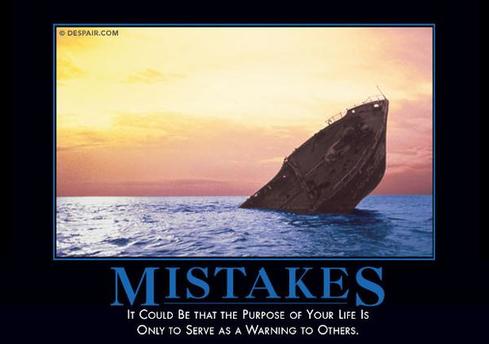
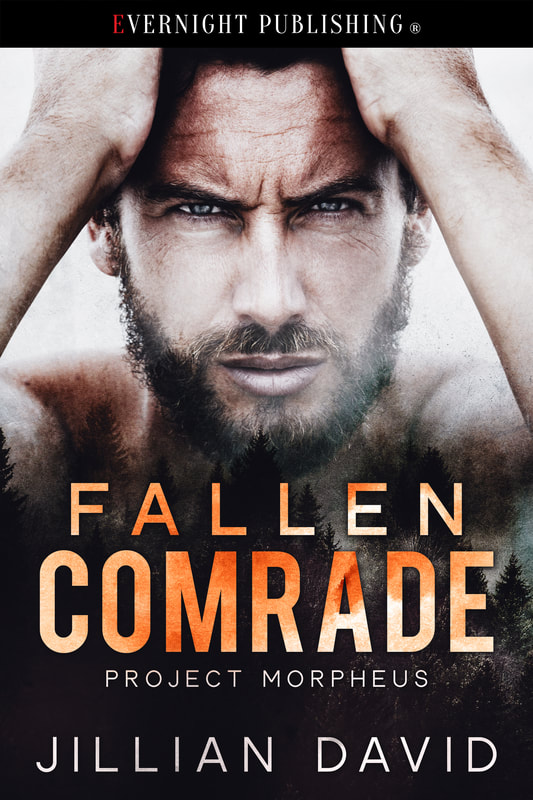
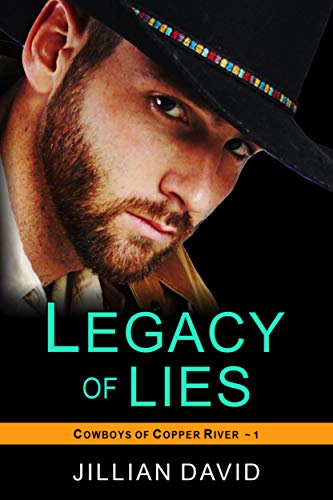
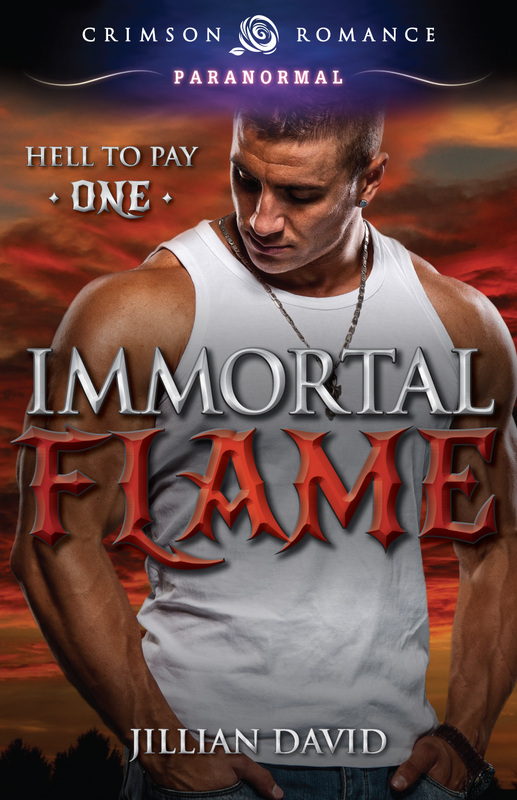






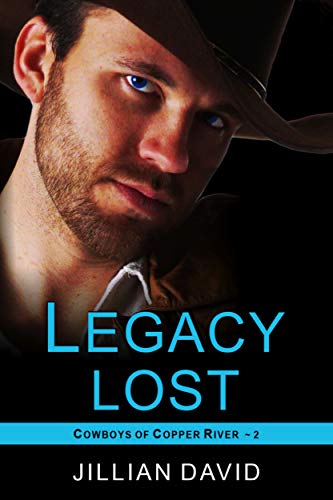
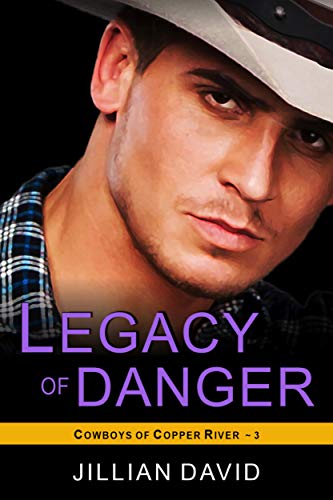
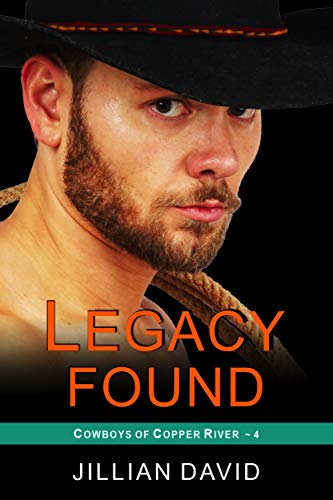
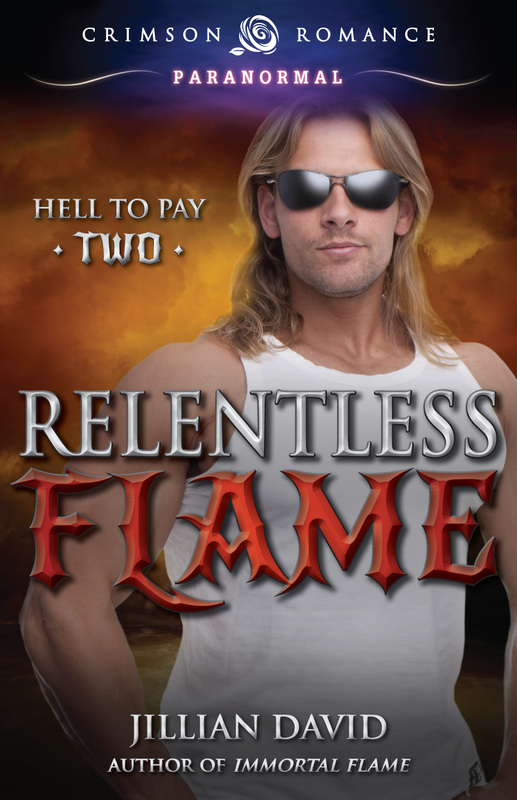
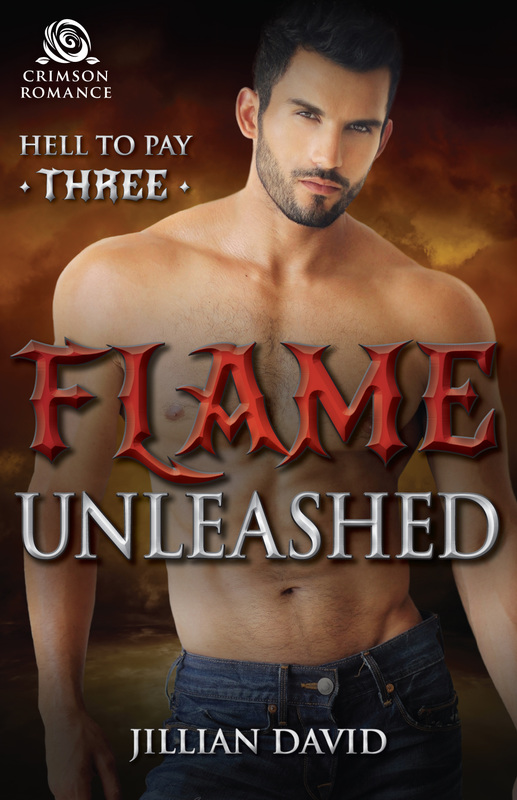
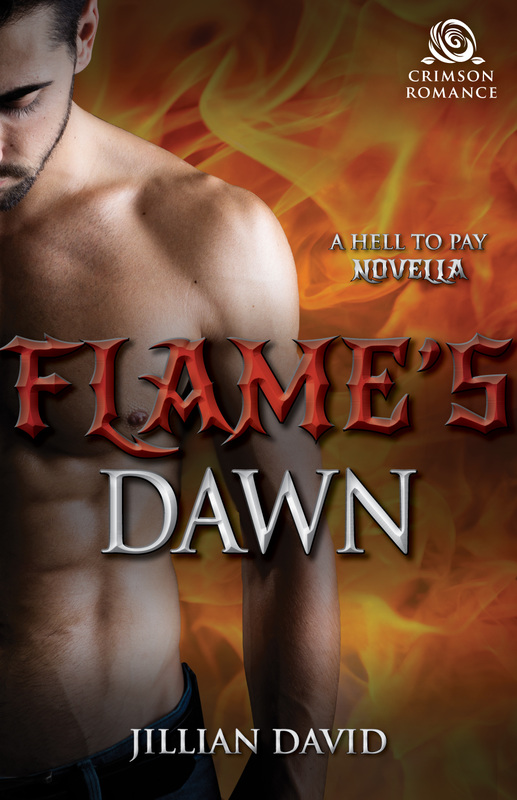
 RSS Feed
RSS Feed